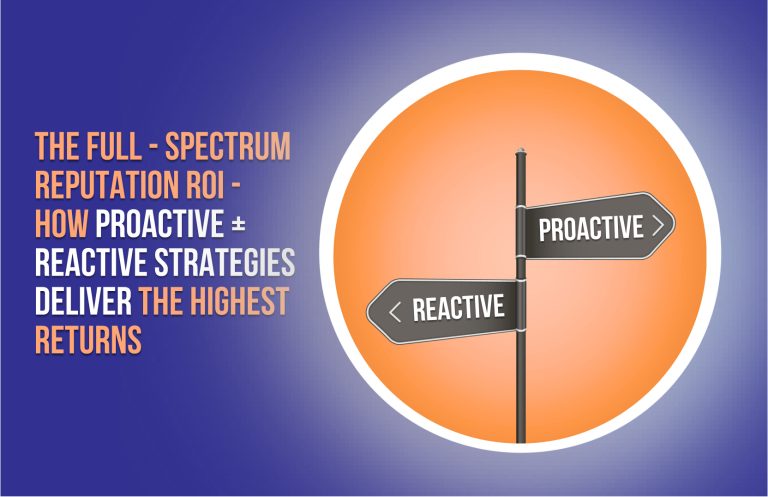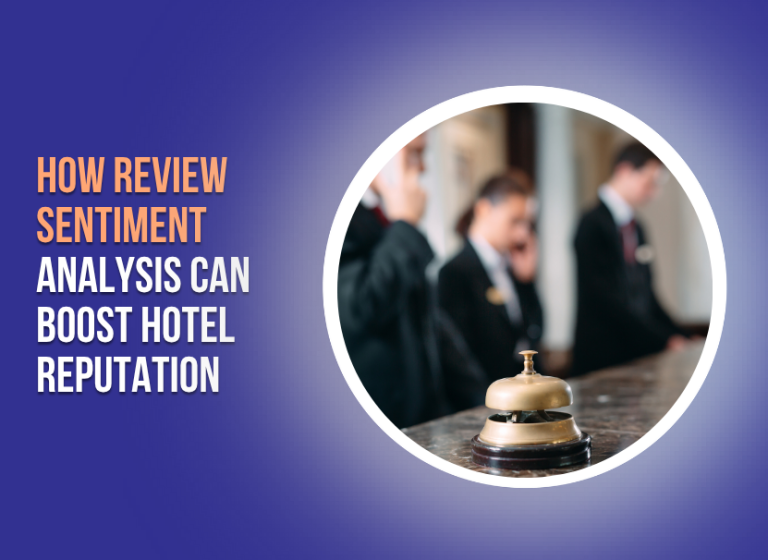Picture this: You’re running a bustling hotel, the rooms are booked solid, and most guests are happy. But then, a notification pops up on your screen—another review on TripAdvisor or Google Reviews. You open it, expecting a glowing testimonial, but instead, it’s a one-star rating accompanied by a critique of the shower pressure, pillow fluffiness, or that the neighbour’s late-night noise that went on until 3 a.m.
Negative reviews can be challenging for hoteliers, but with the right approach, they don’t have to be disastrous. Learning how to respond to negative reviews effectively can turn criticism into an opportunity to showcase your dedication to guest satisfaction. In fact, they offer valuable chances to highlight your hotel’s commitment to guest satisfaction. Let’s explore the essentials of respond to negative reviews, so you’re ready for any feedback that comes your way.
Monitor Reviews Consistently
Before you can respond to a negative review, you need to know it’s there. Imagine missing a complaint because you were busy with in-house events or simply on vacation.
Regularly monitor major review platforms like TripAdvisor, Google, Booking.com, and Hotels.com. Set up alerts or use a reputation management tool like My Review Concierge to get notified the moment a review goes live. This way, you can respond promptly, demonstrate attentiveness, and showcase your dedication to guest experience.
Personalize Your Responses
Tips to respond to negative reviews Professionally-Nothing feels more impersonal to a reviewer than a generic response like, “Dear Valued Guest, thank you for your feedback…” It sounds detached, and reviewers notice.
Instead, take the time to personalize your response. Address the reviewer by name, mention specific details they brought up, and show empathy. For example, if a guest wasn’t happy with the firmness of the mattress, your response might look like this:
“Dear AngieSmith23KC, we’re sorry to hear that the mattress wasn’t to your comfort. While we’ve worked to select a sleep package that appeals to a broad guest population, we understand that a mattress is a very personal choice. We’re committed to ensuring each guest’s comfort and would love to hear more of your preferences so we can better accommodate your needs on a future visit also we respond to negative reviews efficiently.”
This approach shows you’ve genuinely read their review and care about their experience, and it allows you to convey that feedback is valued at all levels of the hotel.
Offer a Sincere Apology
It’s a known saying, “The customer is always right,” but for online reviews, it’s more about showing care than being right. Acknowledging the guest’s feelings and offering a sincere apology is crucial.
Even if the complaint seems minor, it’s important to validate the guest’s experience. For instance:
“We’re glad you enjoy the thoughtful touches from our housekeeping team, and we apologize if our coffee pod flavor was not your preference. We hope you found our Starbucks option in the lobby, and we encourage you to keep in mind that our housekeeping team may be able to provide alternatives upon your request.”
An apology demonstrates empathy and reassures future guests that you’re committed to providing a consistently great experience.
Focus on Improvement Rather than Compensation
Sometimes compensation isn’t the best solution, especially if the issue was beyond your control. Instead, show that you’re committed to improvement. Respond with something like, “Thank you for your feedback. We’re sorry to hear about your experience, and we thank you for bringing this to our attention so that we can ensure the proper coaching and training takes place as we continually strive to elevate our guest experience even further.”
If compensation has already been provided, don’t detail it in your response. Instead, simply acknowledge that gestures were made:
“We regret that the gestures provided fell short in illustrating our desire to make things right, and we thank you for sharing your experience with us.”
Encourage a Follow-Up Visit
Once you’ve addressed the issue, gently suggest the guest return to experience your improvements. However, avoid pressuring them. Instead, frame it as a welcoming invitation:
“We hope you’ll give us another chance to show you the quality experience for which we strive. Please feel free to reach out to our team if we can assist in planning your return.”
This demonstrates your ongoing commitment to guest satisfaction and leaves the door open for future positive experiences.
Some Conversations Are Best Taken Offline
In some cases, you may want to continue the conversation in private. If the situation requires a detailed discussion or involves more sensitive topics, invite the guest to connect offline. A response like this works well:
“Should your time allow, I would welcome the opportunity to coordinate a telephone conversation so that I may offer my more personal apology and learn more about your experience.”
This approach demonstrates care, while allowing you to address complex issues more effectively.
How to Respond to Negative Reviews? Stand by Your Team’s Decisions
Occasionally, negative reviews may critique reasonable policies or decisions made by members of your team for safety or security reasons. If this occurs, support your team’s actions professionally and courteously:
“We regret any disappointment but stand by the decisions made by our team. Thank you again for your feedback, and we wish you all the best in future travels.”
This conveys respect for your team and politely closes the conversation with the guest.
Handling Negative Reviews with care
Knowing how to respond to negative reviews can help any hotel maintain a positive image and foster stronger guest relationships.
Negative reviews don’t have to be a source of stress. By monitoring reviews, personalizing responses, offering genuine apologies, focusing on improvement, and inviting follow-up visits, you can turn these reviews into opportunities for growth.
At The Reputation Lab, we work with hotels and restaurants to create reputation management strategies that enhance online visibility, engage customers, and convert potential guests. If you are interested in learning how a reputation management strategy can benefit your business, we invite you to email us via our secure contact form to set up a no-pressure consultation or call us at 855-979-6800.




